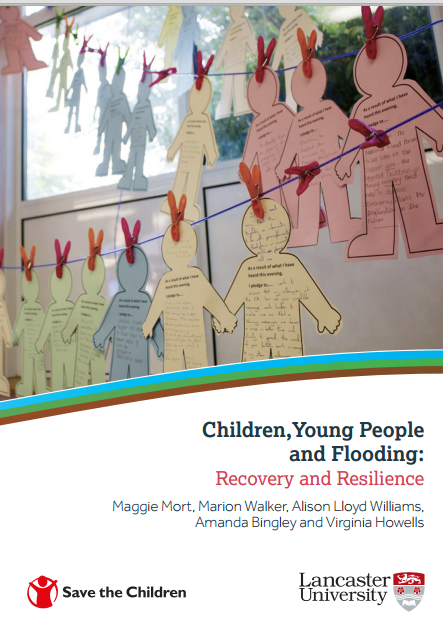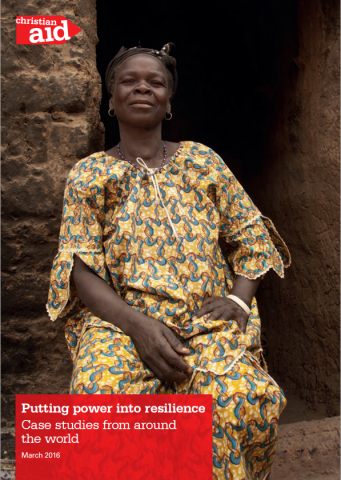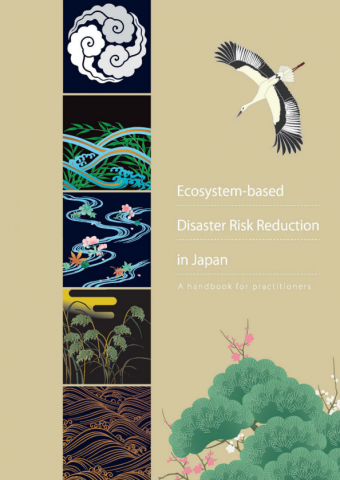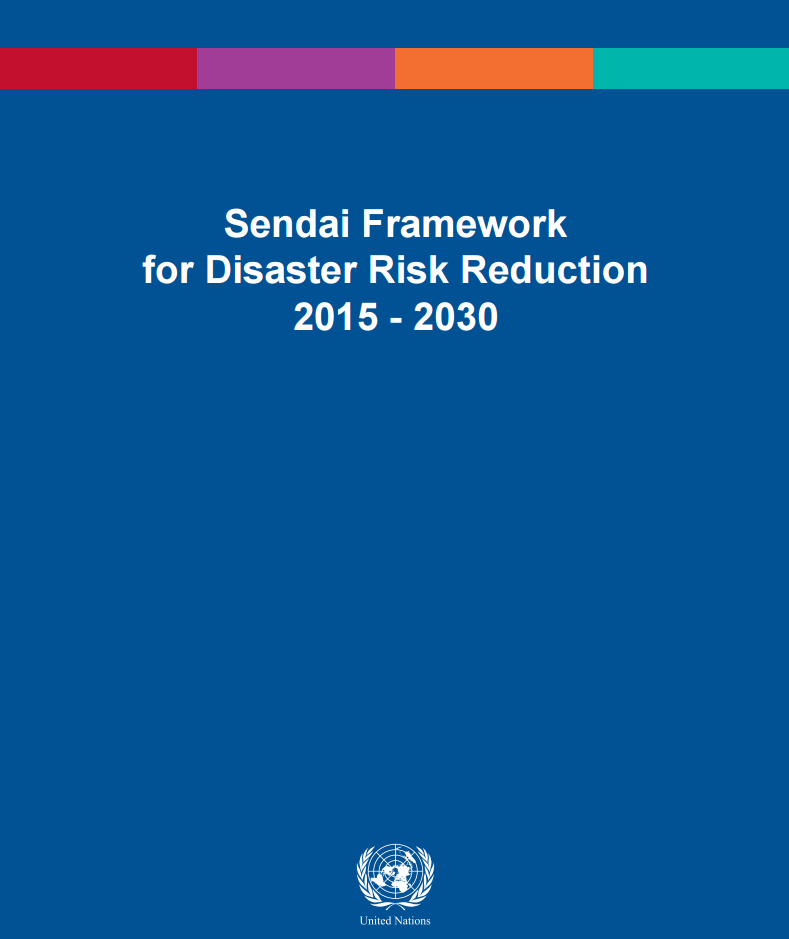Children, young people and flooding: Recovery and resilience
Children, young people and flooding: Recovery and resilience Research with flood-affected children reveals serious impacts on well-being but also a desire to take on a role in flood risk management. Lancaster University researchers found that factors impacting on children’s well-being include: loss of valued personal and family possessions, friendship networks, familiar spaces, education; experience of […]
Children, young people and flooding: Recovery and resilience Read More »




